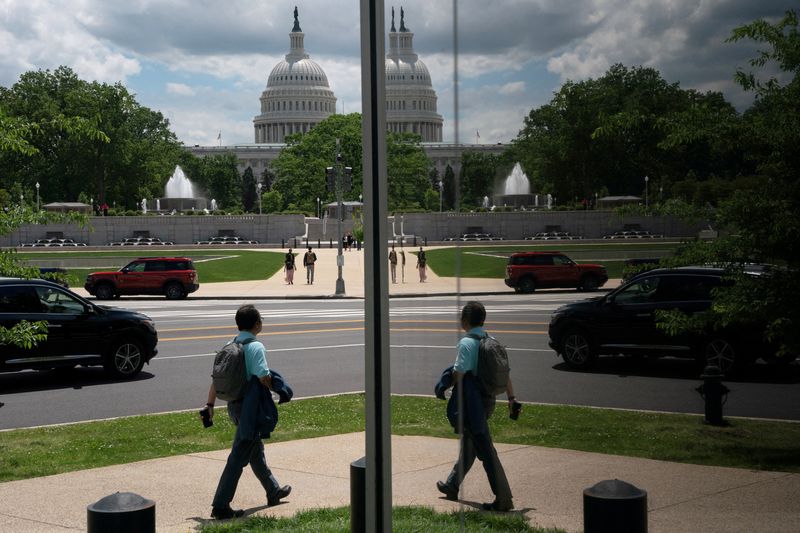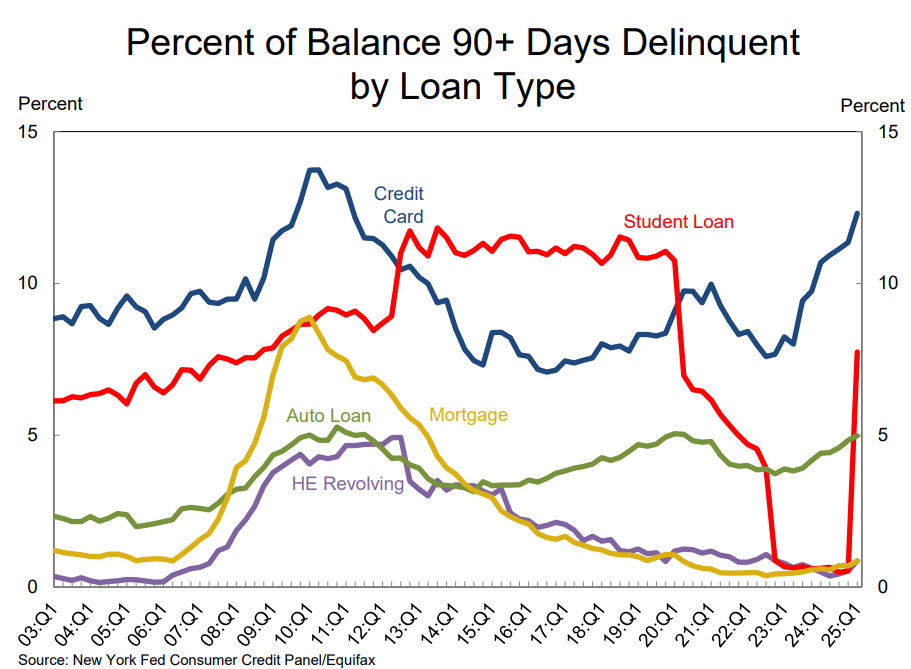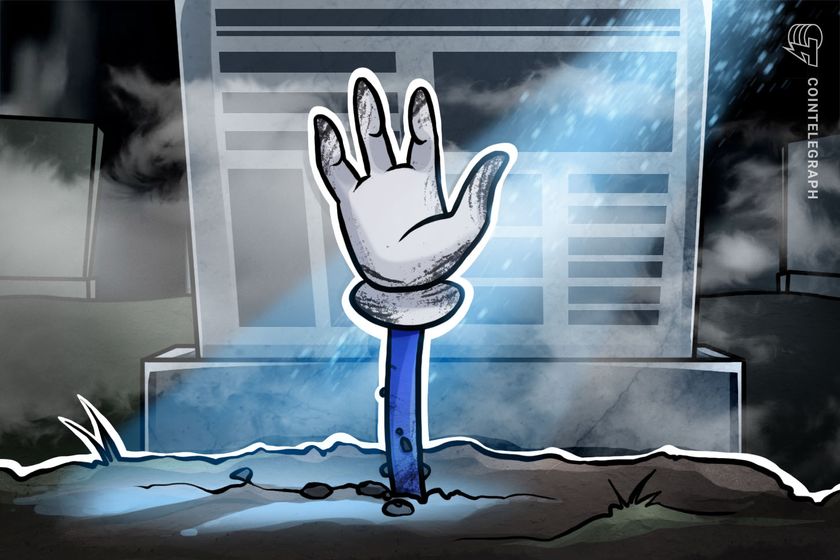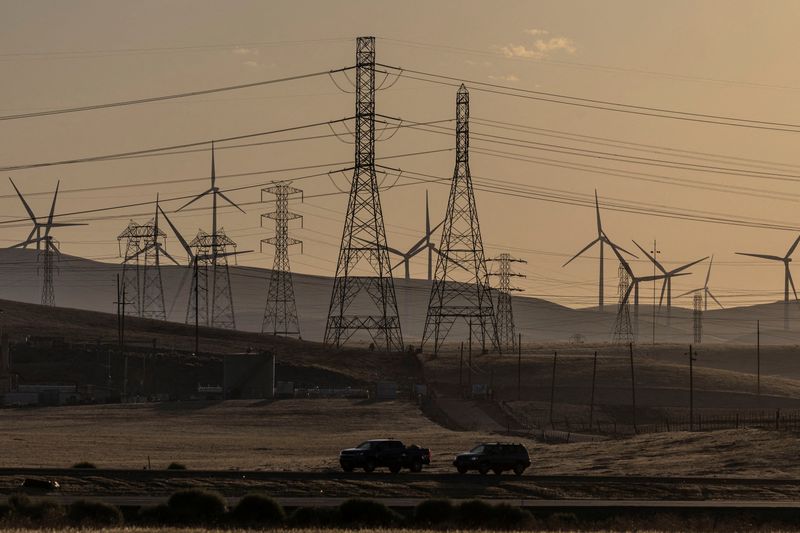RFK Jr. does something that would get others a national park ban
The Health Secretary posted about his visit on both X to widespread mockery.
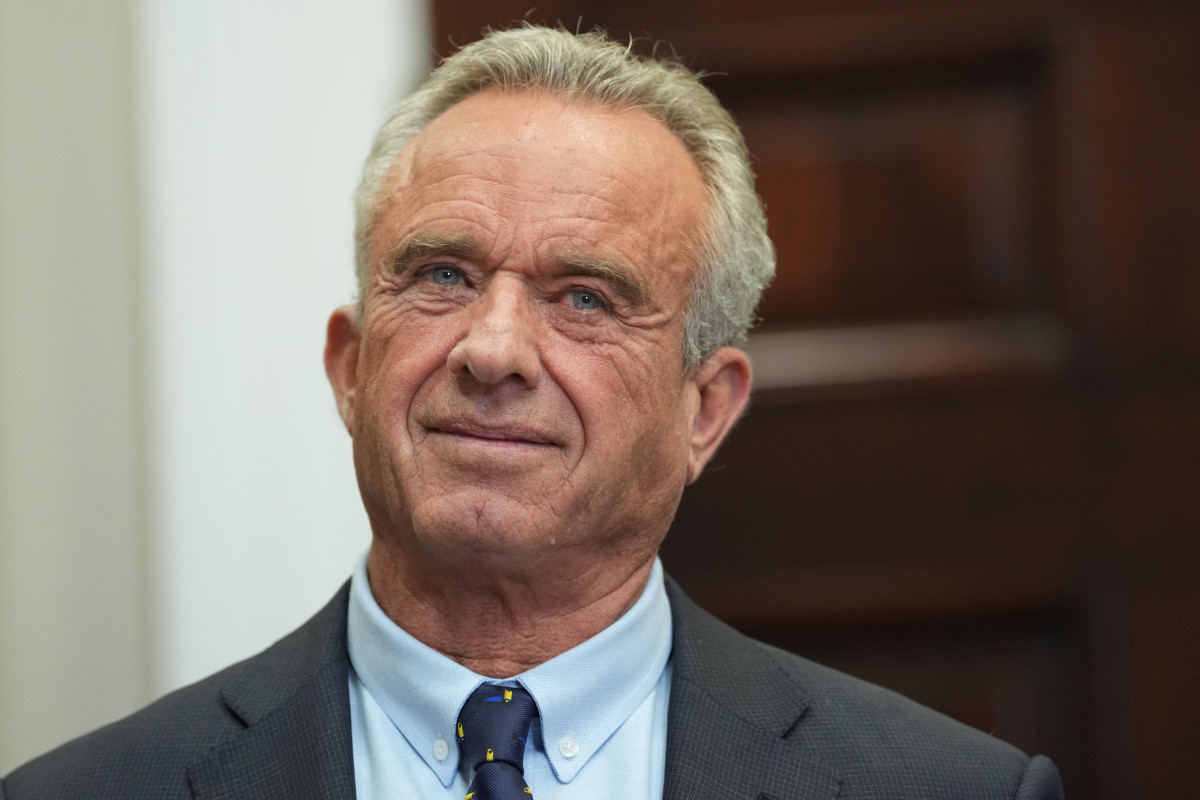
While 433 national park sites across the country contain countless brooks, rivers, and streams, far from every single one that you come across is safe for a dip.
To give the ecosystem time to recover, park authorities will often temporarily cut off access to specific waterways during certain times of the year. Others are never safe to swim in due to currents, pollution, and water levels that drop off suddenly.
If road accidents on their grounds are not taken account, drowning is the most common cause of national park deaths.
"Do not swim in natural waters if you don’t know the park's regulations, are not familiar with the water hazards that may be present, or do not have a U.S. Coast Guard approved life jacket," the National Park Service (NPS) writes on its page on water safety.
Don't miss the move: Subscribe to TheStreet's free daily newsletter
'High levels of bacteria and other infectious pathogens': RFK Jr. disregards NPS warning
On May 11, Health and Human Services Secretary Robert F. Kennedy Jr. posted photos of him swimming at Rock Creek Park with several of his grandchildren — the 1,754 acre city park in Washington, D.C. is not an official national park site but is managed by the NPS.
"Mother's Day hike in Dumbarton Oaks Park with Amaryllis, Bobby, Kick, and Jackson, and a swim with my grandchildren, Bobcat and Cassius in Rock Creek," Kennedy wrote in a post on the social media platform X. In the photos, Kennedy is seen completely submerged in the water as well as helping a child wade through the water.
Related: National park visitor becomes first to get jailed for this in 2025
The problem, as many of Kennedy's followers were quick to point out, is that the NPS prohibits swimming in Rock Creek due to the high levels of pollution from city runoff.
"Stay out of the water to protect streambanks, plants and animals and keep you and your family (including pets!) safe from illness," the NPS states on its front page for the park. "Rock Creek has high levels of bacteria and other infectious pathogens that make swimming, wading, and other contact with the water a hazard to human (and pet) health."
Just as for the larger Potomac River, the Rock Creek swimming ban has been in place since 1971. A government report from 2022 found "chronic elevated levels" of pathogens like E. coli and fecal coliform.
Swimming despite ban got some people in serious trouble with the NPS
Kennedy's lack of both knowledge and concern around water safety as the Health Secretary spurred widespread criticism and mockery.
"How do you Make America Healthy Again while taking your family to swim in sewage?" Connecticut surgeon Andrew Duffy wrote in one of the most upvoted comments under Kennedy's post.
More on travel:
- United Airlines places big bet on new flights to trendy destination
- Government issues new travel advisory on popular beach destination
- Another country just issued a new visa requirement for visitors
While swimmers in an undesignated area will often get off with a warning, disregarding the rules periodically earns some heavy fines and even bans from national parks. Where "Stay On Trail" sign are visible, going off the trail also becomes a federal crime.
In October 2024, a 62-year-old Colorado Springs resident was sentenced to a week in jail and banned from Yellowstone National Park for five years after entering a protected area of Mammoth Hot Springs with his wife and children.
Related: Veteran fund manager issues dire S&P 500 warning for 2025







